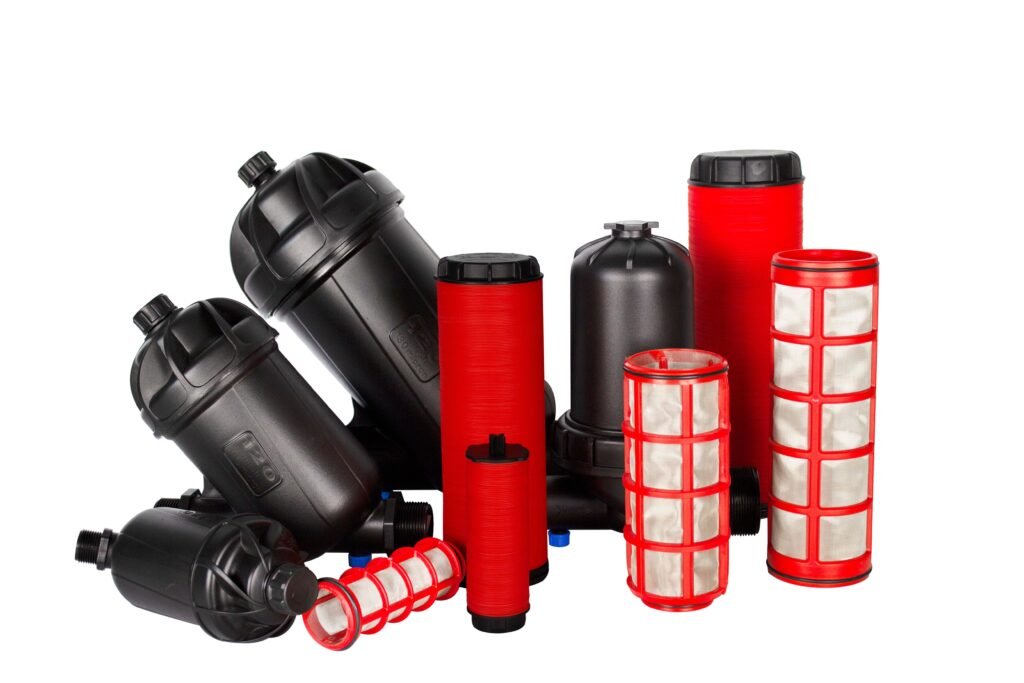Irrigation filters are important for several reasons:
- Preventing Clogs: One of the primary functions of irrigation filters is to prevent clogs in the irrigation system. The filters remove dirt, debris, and other contaminants from the water before it reaches the irrigation equipment. This prevents the equipment from becoming clogged and causing uneven water distribution, reduced crop yields, and damage to the irrigation system.
- Protecting Equipment: Irrigation filters also help to protect the irrigation equipment from damage. Dirt, debris, and other contaminants can cause damage to pumps, valves, and other irrigation components, leading to costly repairs and downtime. By removing these contaminants, irrigation filters help to ensure that the equipment operates efficiently and effectively.
- Improving Water Quality: Irrigation filters can also help to improve the quality of the water used for irrigation. By removing contaminants and sediment, filters can reduce the risk of waterborne diseases, improve crop quality, and reduce soil erosion.
- Maximizing Efficiency: A properly functioning irrigation filter can maximize the efficiency of the irrigation system by ensuring that the water flows smoothly and evenly through the system. This helps to reduce water waste, increase crop yields, and improve overall system performance.
In conclusion, irrigation filters are important for maintaining a properly functioning irrigation system, protecting equipment from damage, improving water quality, and maximizing efficiency. Regular maintenance and cleaning of irrigation filters are essential to ensure their effectiveness and longevity.


